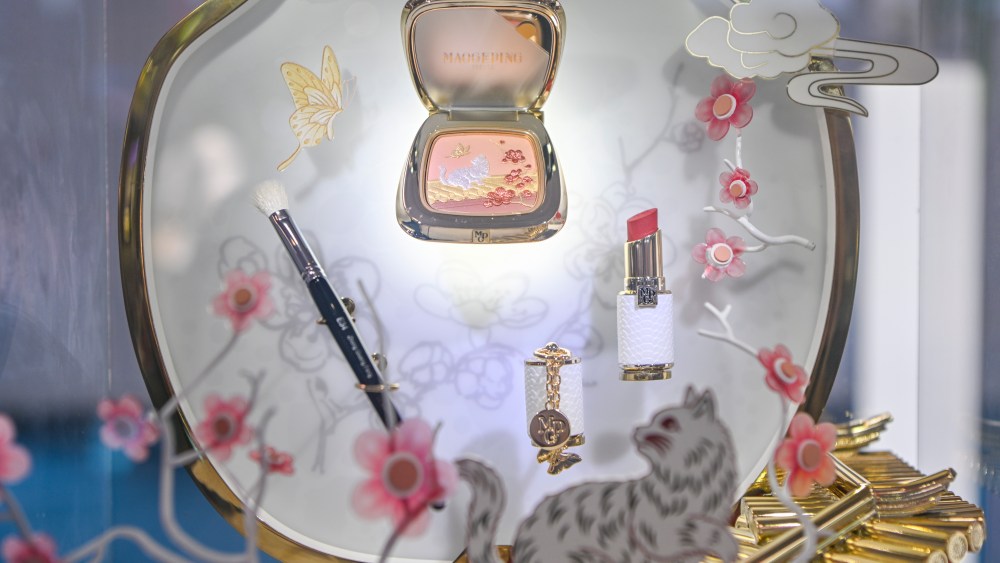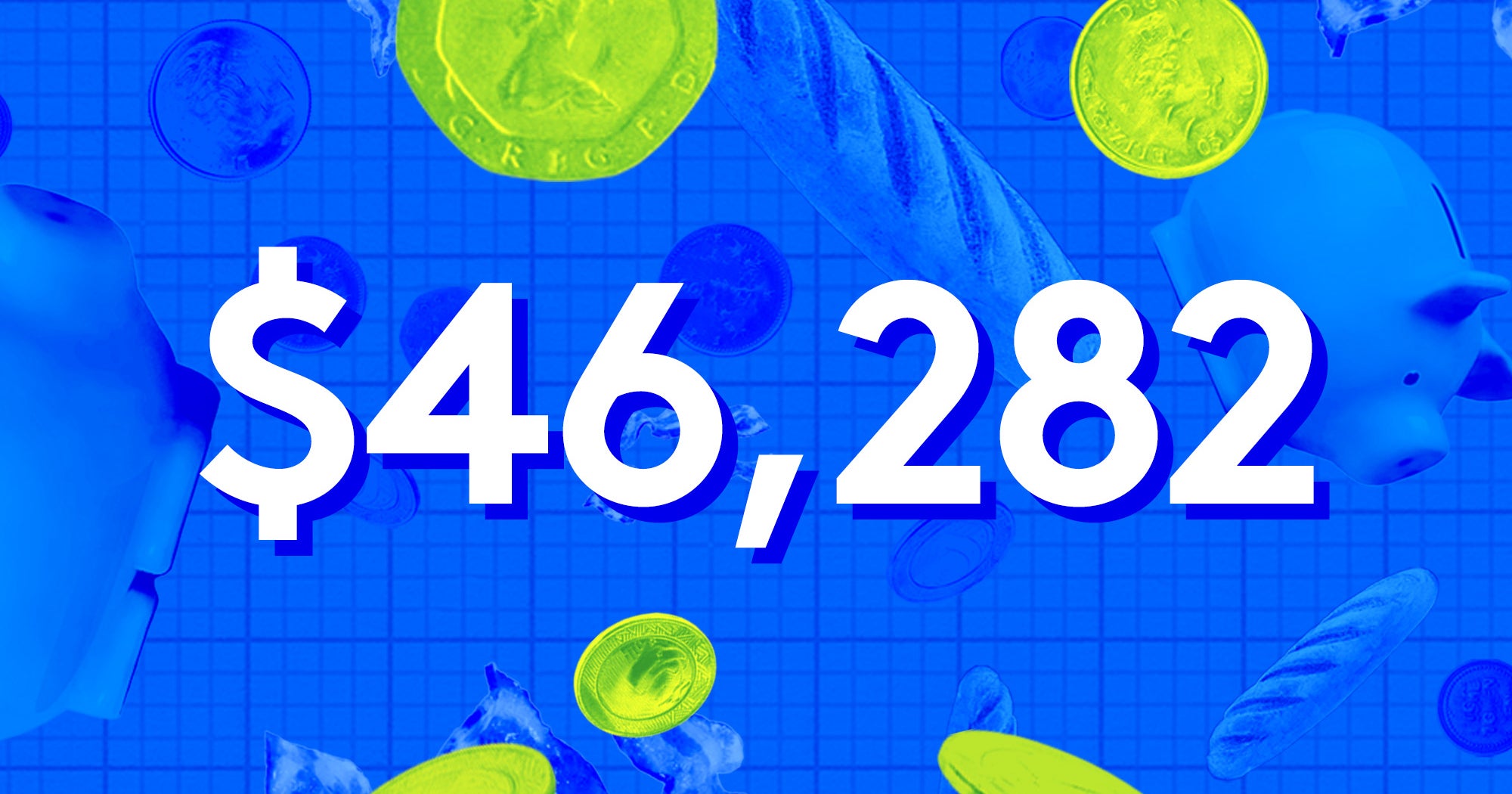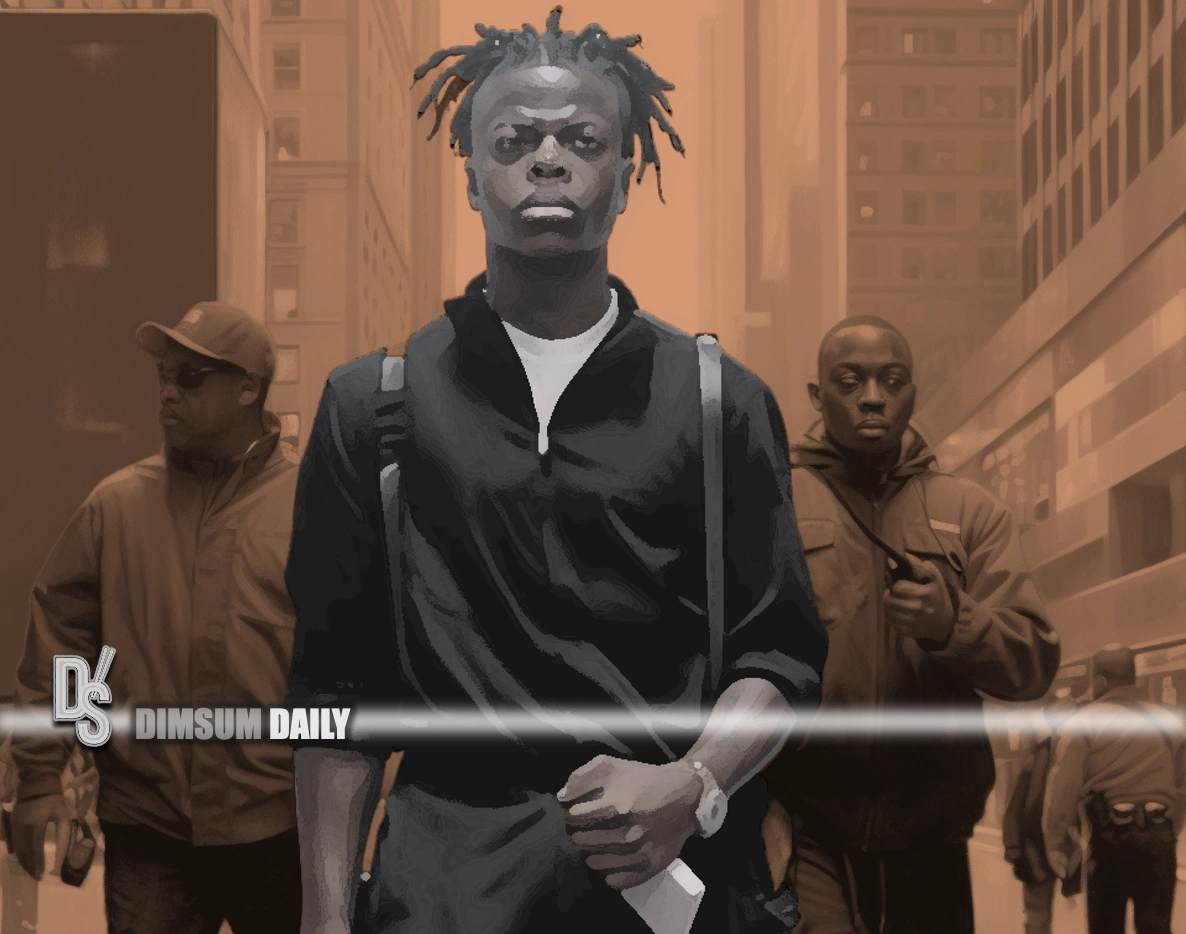Mao Geping Cosmetics, the beauty label established in 2000 by Chinese makeup artist Mao Geping, is set to become the first Chinese cosmetics label to go public in Hong Kong.
Mao Geping
After getting the green light from the China Securities Regulatory Commission in Beijing, the Hangzhou-based company on Wednesday passed the Hong Kong Stock Exchange’s hearing for an initial public offering.
Since early 2023, a lengthy regulatory process was set in place for Chinese companies seeking offshore listings. Shein, the Chinese online fashion retailer that’s said to be eyeing a London IPO, is still awaiting regulatory approval after filing a preliminary prospectus last November.
The Mao Geping IPO, with Chinese investment bank CICC as its sole underwritter, may help the company raise as much as $300 million with a public listing, according to Chinese local media reports. The company can issue no more than 1.15 billion overseas shares, according to the CSRC.
The company has begun its pre-deal investor education process and is aiming for a market debut on the main board in December, according to local media reports.
The label, known for hit products such as the 360 renminbi, or $49, Cavier Cushion Foundation and the 680 renminbi, or $93, Luxury Regenerating Black Cream, reached 1.971 billion renminbi, or $272 million, in sales for the first six months of 2024, a 41 percent growth rate compared to the same time last year, according to a preliminary listing document. Net profits for the same period reached 492 million renminbi, or $67.9 million, up 41 percent year-over-year. Gross profit margin reached 85 percent in the period.
With a relatively even split between online and offline retail, the company has 372 points of sale across department stores in China and can be found on e-commerce platforms, including Tmall, Douyin, JD.com, and Xiaohongshu.
Mao Geping Cosmetics owns two major cosmetics labels: its flagship brand Mao Geping and Zhi’ai Zhongsheng, or Love for Keeps. In the first six months of 2024, Mao Geping accounted for over 99 percent of the group’s total cosmetics sales. The company also owns a professional makeup school with nine branches across China. The educational branch brought in 71.5 million renminbi, or $9.8 million, in the first half of 2024, accounting for 3.6 percent of the business.
The prospectus, referencing Frost & Sullivan data, said the group is the only Chinese company among the top 15 high-end cosmetic groups in the Chinese market. In 2023, it ranked 12th in terms of retail sales, with a market share of 1.8 percent.
Mao Geping, a trained Yue Opera performer, found his true calling as a makeup artist in the troupe after a voice change that shattered his career prospects as a singer. He became one of the first celebrity makeup artists in the country, known for his work in period dramas.
In 2000, Mao launched his namesake cosmetics brand alongside the makeup school business. Known for incorporating ancient Chinese aesthetics into product design, Mao’s company gained retail footing for its customized beauty lessons reserved for VIP customers.
As the face of the brand and its most effective spokesperson, Mao reclaimed his fame online with a popular Bilibili account that has more than 900,000 followers. Preaching a technique of subtle light and shadow play, Mao is seen doing the makeup for Chinese women of all age groups and consistently produces looks that are “better than getting a facelift,” according to Chinese netizens.
Despite his status as one of China’s most influential makeup artists, Mao Geping’s road to the public market hasn’t been smooth sailing. In 2016, 2018 and 2021, Shanghai’s A-share market rejected Mao Geping’s listing application, which was due to regulatory violations from one of its minority shareholders called Jiuding Capital, according to local media reports at the time.
Not giving up, the company bought back its Jiuding shares and shifted its focus to Hong Kong with an IPO application submitted in April.


